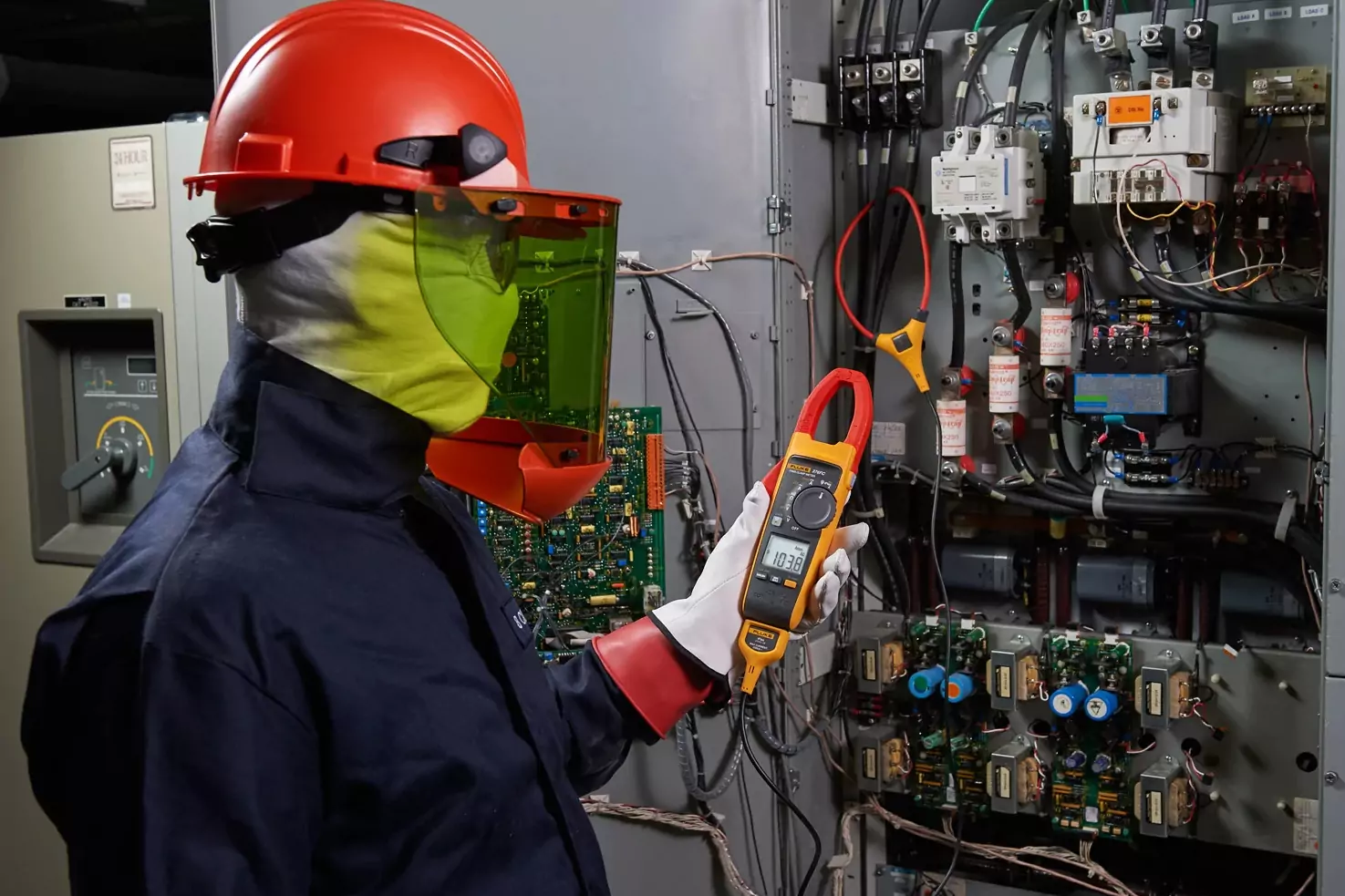Shanghai, China
+86-17317656853
inquiry@cgprotection.com



As the world's reliance on renewable energy grows, battery energy storage systems (BESS) have become one of the key technologies to ensure grid stability and improve energy efficiency, and people are paying more and more attention to the electrical safety protection of battery energy storage systems. Because BESS are not just simple power storage units; they involve complex electrical and chemical processes that, if not handled properly, can cause serious safety hazards. C&G Safety explores the safety issues of BESS in depth and emphasizes the importance of installation by professional electricians. It also introduces the characteristics of different types of BESS, safe operation and maintenance, and how to effectively control electrical and chemical hazards.
Prepackaged battery modules are pre-assembled standardized products that usually include single or multiple battery packs, a built-in management system (BMS), and sometimes an inverter. Such systems are designed to be deployed quickly and are particularly suitable for small residential or commercial uses. For example, during installation, the wiring diagram provided by the manufacturer needs to be strictly followed to ensure that all connections are correct. In addition, considering the heat dissipation problem, the spacing between modules should be set according to the instructions to avoid performance degradation or even fire due to overheating. Compared with individual battery modules, a prepackaged system is a more comprehensive solution that includes not only a battery pack, but also power conversion equipment, control systems, and other necessary components. This type of BESS is suitable for medium-sized applications, such as community-level energy storage facilities. In addition to paying attention to electrical connections during installation, it is also necessary to ensure that the entire system is well grounded to prevent the risk of electric shock from lightning strikes or other unexpected situations. For large-scale projects with special needs, customized battery packs may be the best choice. The specific conditions of the application scenario, such as temperature range, space limitations, etc., must be fully considered during the design phase. Customized solutions allow flexible configuration of battery capacity and output power, but also increase complexity. Therefore, when implementing such projects, an experienced team of engineers must complete the entire process from planning to commissioning.
In the Chinese market, lithium-ion batteries have become the mainstream choice due to their excellent energy density and long service life. However, different types of lithium-ion batteries differ in material composition, which is directly related to their safety characteristics. Lithium iron phosphate batteries are known for their high safety and are not prone to thermal runaway even under extreme conditions. Ternary lithium batteries have higher energy density, but are less stable than lithium iron phosphate batteries and require more stringent management measures. Lithium titanate batteries have a long cycle life and fast charging speed, but their cost is relatively high. In addition to lithium-ion batteries, lead-acid batteries are still widely used in some fields due to their low price, but their environmental impact is relatively large; sodium-sulfur batteries are mainly used in large-scale fixed energy storage devices, while flow batteries have advantages in specific application scenarios due to their unique working principle.
Regardless of the type of BESS used, correct operation and regular maintenance are the basis for ensuring the long-term and reliable operation of the system. Here are some key points: Continuously track battery status parameters through a remote monitoring platform, detect abnormalities in time and take corresponding measures. Perform inspection and maintenance work such as cleaning dust and tightening screws according to the manufacturer's recommended schedule. Develop a detailed emergency plan covering fire fighting, toxic substance leakage and other aspects, and organize regular drills. Provide comprehensive safety awareness and technical skills training courses for operators.
The main sources of danger in BESS include but are not limited to overcharge/discharge, short circuit, electrolyte leakage, etc. There are several countermeasures that can be taken to address these problems: Multiple protection mechanisms integrated in the BMS can automatically detect potential faults and immediately cut off the power supply. Install fire extinguishing devices specifically for battery fires, such as gas suppression systems, to quickly control the spread of fire in the early stages. Good air circulation helps to reduce indoor temperatures and reduce the risk of harmful gas accumulation. Isolate the battery area from other parts to reduce the possibility of accident spread.
Due to the unique chemical properties of lithium-ion batteries, there are certain safety challenges in their use. To minimize risks, it is recommended to follow the following principles: Ensure that there is enough space between each battery cell to dissipate heat, and also consider future expansion needs. Give priority to certified brand products, especially important components such as cables and switches. Properly wrap all exposed conductors to avoid electric shock accidents. Establish a reliable grounding network to improve the overall anti-interference ability of the system.
Finally, C&G Safety believes that although BESS brings many benefits, there are hidden safety hazards that cannot be ignored. Only when every link is strictly implemented in accordance with the specifications can the maximum potential of this technology be truly realized. C&G Safety will always pay attention to the safety protection of battery energy storage system electrical appliances and provide professional, safe and reliable advice and protective supplies.
Tags:
Shanghai C&G's personal protective clothing and PPE products are trusted by customers in the world. Our products are exported worldwide, with a strong presence in the United States, China, Japan, Germany, the United Kingdom, India, France, Italy, Brazil, and Canada. In addition, we have a significant customer base in other countries across each continent, including Australia, New Zealand, South Africa, Nigeria, and Egypt in Africa; Argentina, Chile, and Mexico in South America; Russia, South Korea, and Indonesia in Asia; Spain, Poland, and Turkey in Europe; and Saudi Arabia and the United Arab Emirates in the Middle East. Wherever you are in the world, we have the products you need to stay safe and protected. Contact us today to learn more about our products and how we can help you meet your safety needs.










© 2023 Shanghai C&G. All Rights Reserved.